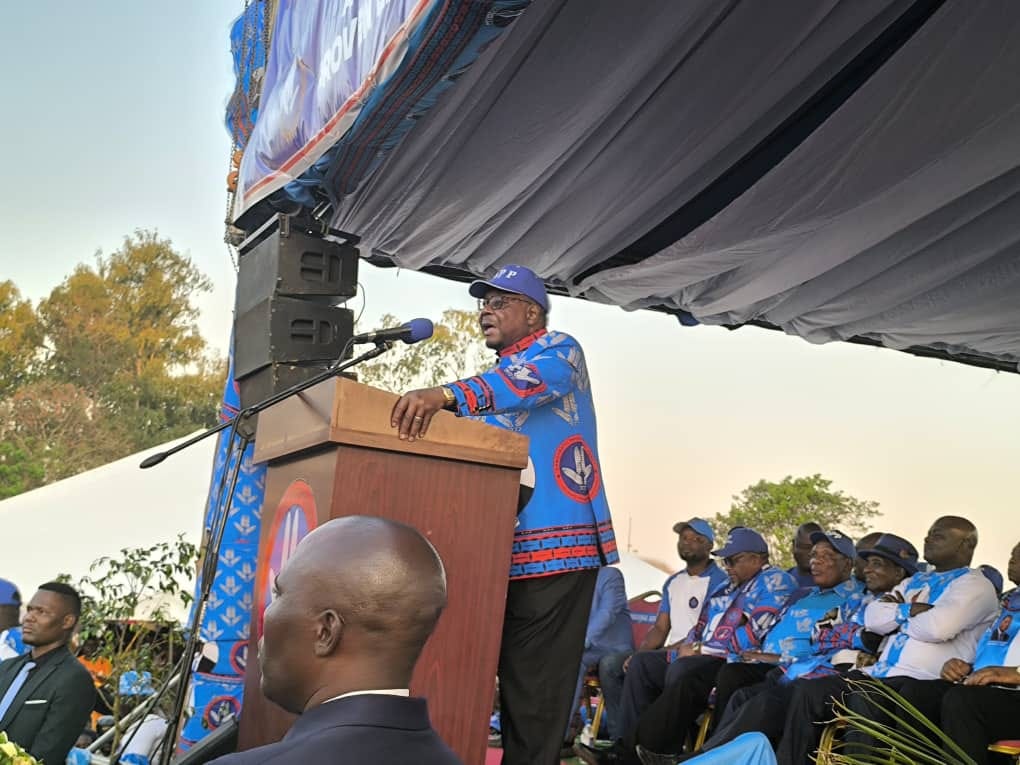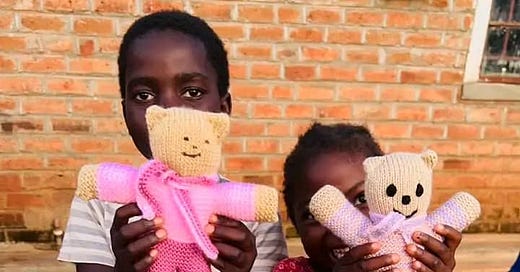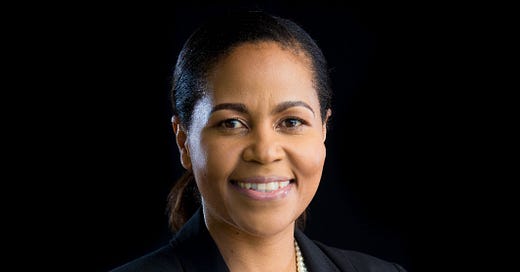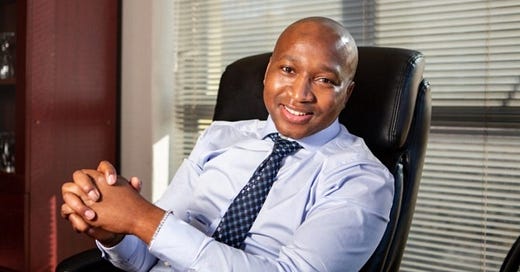
Malawi's Ex-President Demands Free Campaigning, Ignites Pre-Election Debate
As Malawi navigates these choppy political waters, the world watches to see whether this nation can deliver on the promise of true democratic representation.
MZUZU, Malawi — In a move that could reshape Malawi's political landscape, former President Peter Mutharika has issued a clarion call for democratic transparency, challenging the current administration's commitment to fair electoral processes as the nation approaches its 2025 general elections, writes Tionge Hara.
Speaking to a packed rally at Katoto Ground in Mzuzu on September 21, 2024, Mutharika's words resonated with urgency.
The former leader, known for his professorial demeanour, struck a populist tone as he addressed the crowd.
"I told you Malawians that you will suffer, and now you have indeed suffered," Mutharika declared, his voice carrying a mix of vindication and concern. "Are you going to repeat what you did in 2020?"
At the heart of Mutharika's address was a pointed demand for President Lazarus Chakwera to ensure unrestricted access for all political parties to campaign in the central region, a strategic area in Malawi's political geography.
This call for equal opportunity underscores the tensions simmering beneath the surface of Malawi's democracy.
Mutharika, who led the nation from 2014 to 2020, positioned himself as a reluctant political warrior, insisting his efforts stem from patriotism rather than personal gain.
"When I took over the presidency, I already had fame and wealth," he reminded his audience, a statement that seemed designed to burnish his image as an elder statesman above the fray of petty politics.
The rally, however, was not without its internal warnings. Mutharika issued a stern admonition to his own Democratic Progressive Party (DPP) faithful, threatening to expel those who fail to unite behind the party's chosen leaders.
This hard-line suggests a party grappling with internal divisions as it seeks to present a united front against Chakwera's administration.
In a surprising turn, the spectre of tragedy entered the political discourse. Sameer Suleman, the DPP's National Organizing Secretary, called for Mutharika to build a memorial tower at Chikangawa, the site where a plane crash claimed the lives of former Vice President Saulos Claus Chilima and eight others.
This unexpected proposal intertwines personal loss with political legacy, adding an emotional dimension to the campaign.
Christopher Mzomera Ngwira, the Northern Region governor, went further, demanding a new investigation into the Chikangawa crash.
He also took a swipe at President Chakwera, claiming he "will be remembered as a leader who sought to purchase fertilizer from a pharmacy"—a barbed comment on perceived economic mismanagement.
As the sun set on the well-attended rally, which drew traditional leaders, church officials, and citizens alike, one thing became clear: in Malawi's political arena, the battle for 2025 has already begun.
With accusations of suppressing free speech and mismanaging resources flying, the stage is set for a contentious and potentially transformative election season.
In a country where democracy is still finding its footing, the coming months will test not just the politicians vying for power, but the very institutions tasked with ensuring a free and fair electoral process.
As Malawi navigates these choppy political waters, the world watches to see whether this nation can deliver on the promise of true democratic representation.









